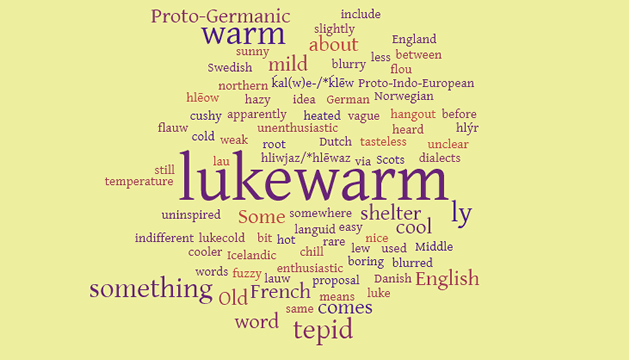When is a chair not a chair?
The Japanese kanji 椅子 (isu) means chair or stool, and also post, office or position. The word チェア (chea) is used for chair in words like オフィスチェア (ofisuchea), which means office/desk/computer chair.
There are other words pronounced isu or something similar which mean different things:
- イス (isu) = swords (suit in playing cards)
- 異数 (isū) = unusual, exceptional, phenomenal
- 逸す (issu) = to lose, miss, overlook, omit
- 伊豆 (izu) = Izu (place name)
- 出ず (izu) = to leave, exit, go out
In Mandarin Chinese a chair is 椅子 (yǐzi). The character 椅 (yǐ) on its own also means chair.
There are other words with similar pronunciation which mean different things:
- 胰子 (yízi) = soap, pancreas (of pigs, sheep, etc)
- 义子 [義子] (yìzǐ) = an adopted son
There are some longer words that include some variation on yizi, such as
- 一字(一)字 (yīzì(-yī)zì) = word by word
- 一子儿 [一字兒] (yī ziér) = hank, small bundle; in a line, in a row
- 易子而食 (yì zi ér shí) = exchange of children for food (during extreme famine)
- 以资鼓励 [以資鼓勵] (yǐzīgǔlì) = to give an honors testimony for; as an encouragement
Sources: Jisho, LINE Chinese-English Dictionary, 汉英大词典 Chinese-English Comprehensive ABC Dictionary
This was inpsired by this post on Instagram:
So this post is sort of right – in Japanese if you mispronounce the word for chair it can mean something different, but not what whoever made this post thinks. I know it’s a joke, but it would be funnier if they had actually checked.
You can find more language-related nonsense like this on The Language Nerds website.







